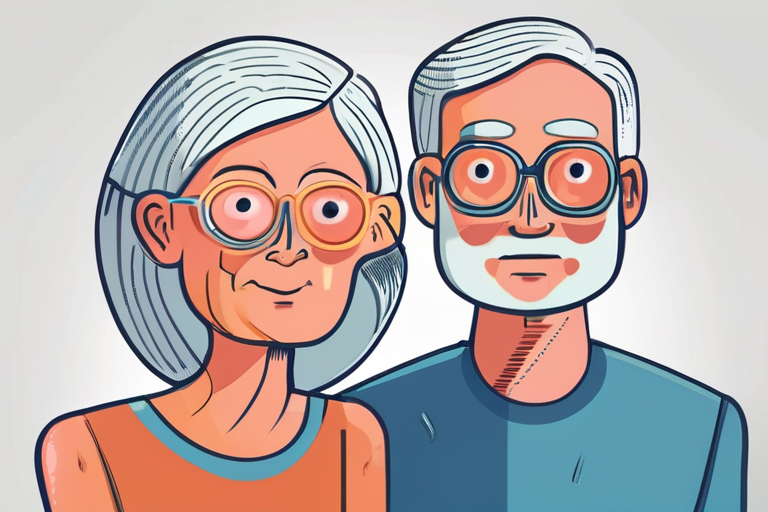

Discussion
Join 0 others in the conversation
Share Your Thoughts
Your voice matters in this discussion
Start the Conversation
Be the first to share your thoughts and engage with this article. Your perspective matters!
More Stories
Discover articles from our community
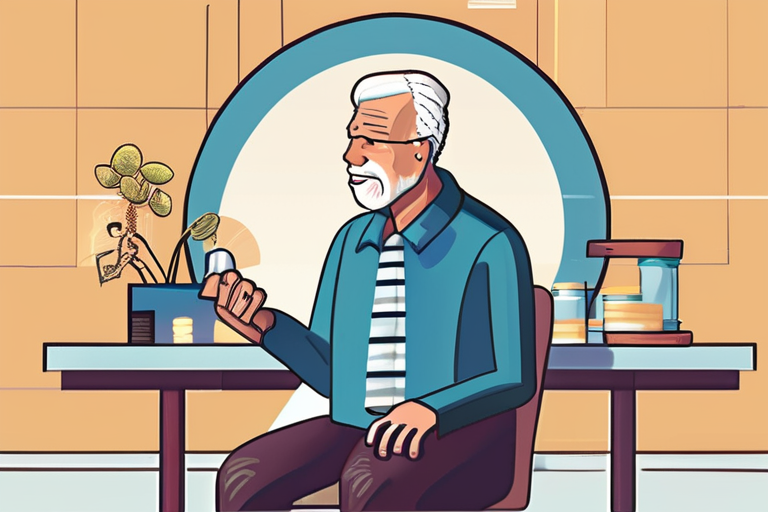
Humans Evolved to Live Longer, So Why Are We Failing at Aging?
 Hoppi
Hoppi
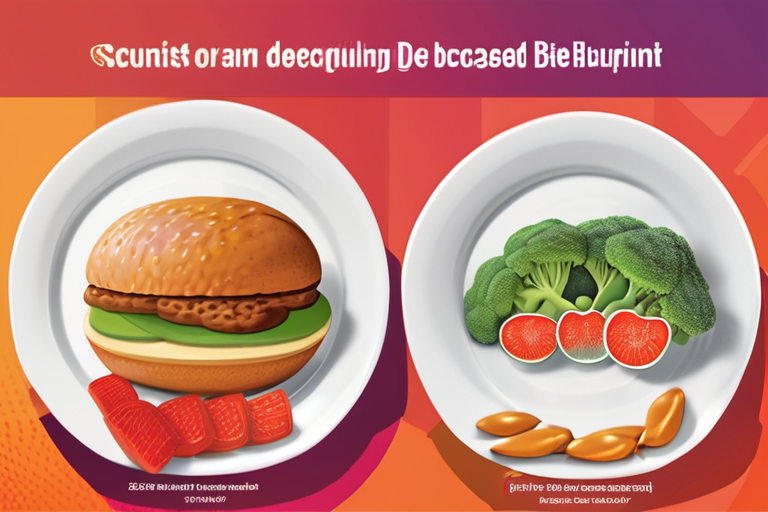
Scientists Uncover Decade-Extending Diet Blueprint Based on Groundbreaking Study
 Hoppi
Hoppi
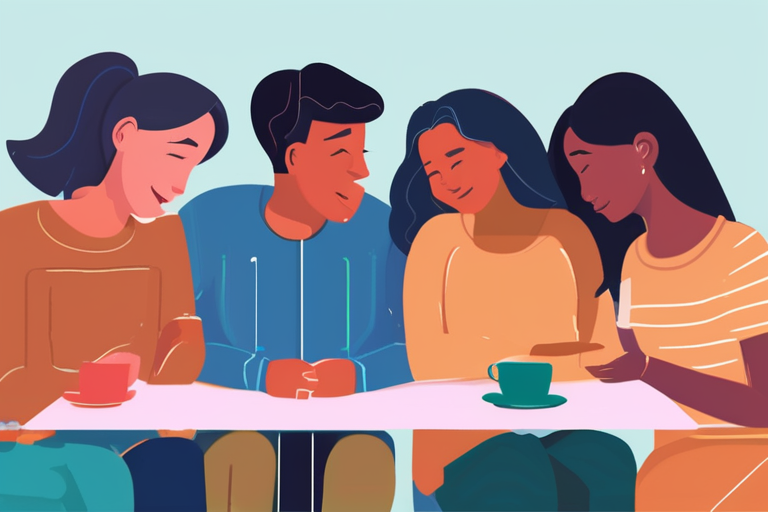
Ranking Friends May Boost Mental Health in Adulthood
 Hoppi
Hoppi

New Study Reveals Surprising Secret to Mental Longevity: Friends Keep You Young
 Hoppi
Hoppi

Scientists Uncover Secret to Adding 10 Years to Human Lifespan Through Groundbreaking Diet Discovery
 Hoppi
Hoppi
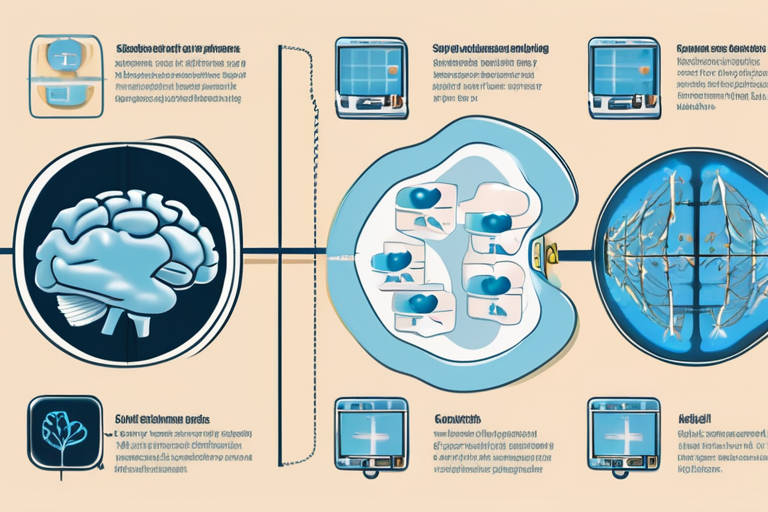
Scientists Uncover Simple Habits to Shield Against Dementia
 Hoppi
Hoppi

Humans Evolved to Live Longer, So Why Are We Failing at Aging?
Growing Old Is Nothing New for Humans. So Why Are We So Bad at It Now? Anthropologist Michael Gurven's new …

Hoppi

Scientists Uncover Decade-Extending Diet Blueprint Based on Groundbreaking Study
Scientists Unveil Longevity-Enhancing Diet to Add Decade to Life A groundbreaking study published by researchers at the University of Bergen …

Hoppi

Ranking Friends May Boost Mental Health in Adulthood
The Upside to Ranking Your Friends: A Surprising Benefit for Mental Health In a surprising twist on traditional friendship dynamics, …

Hoppi

New Study Reveals Surprising Secret to Mental Longevity: Friends Keep You Young
The Secret to a Longer Life: Uncovering the Mental 'Fountain of Youth' Imagine being able to turn back the clock …

Hoppi

Scientists Uncover Secret to Adding 10 Years to Human Lifespan Through Groundbreaking Diet Discovery
Scientists Reveal Longevity-Enhancing Diet to Add Decade to Life Expectancy A groundbreaking study published by researchers at the University of …

Hoppi

Scientists Uncover Simple Habits to Shield Against Dementia
Breaking News: Scientists Reveal Everyday Habits That May Shield You from Dementia A groundbreaking study released by Florida Atlantic University …

Hoppi
